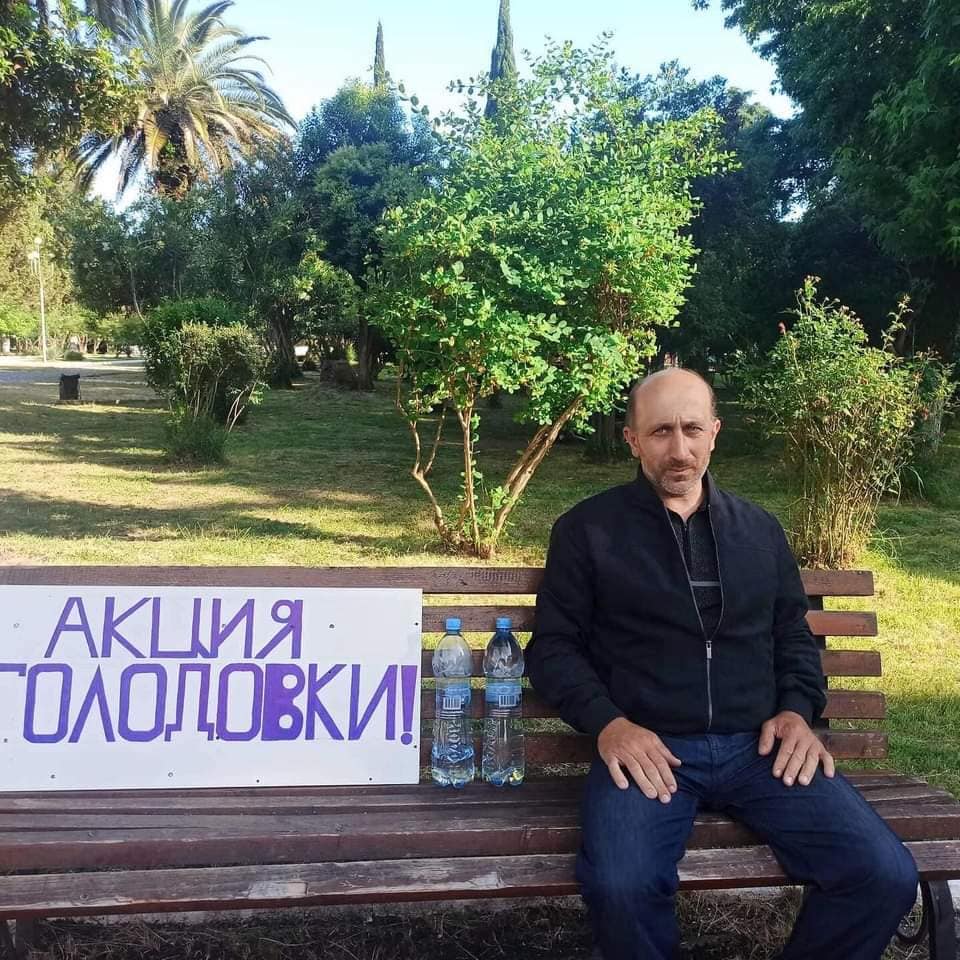Share














Most read

Top stories in Azerbaijan, Armenia, and Georgia from 16-20 February, 2026
Russia’s $90bn oil network: how Azerbaijani businessmen were exposed
'Armenian Apostolic Church does not serve foreign powers': bishops meet in Austria
What's next for Armenians imprisoned in Azerbaijan — and could Ilham Aliyev release them?
Latest news in Georgia, Armenia, Azerbaijan, summary. Live

Latest news in Georgia, Armenia, Azerbaijan, summary. Live
Transparency International assess new extremism legislation in Georgia
UK sanctions tanker that delivered Russian oil to Georgia’s Kulevi port
Georgia’s prime minister calls UK sanctions on Georgian TV channels 'shameful'
Armenian parliament vice-speaker urges voters to 'burn bridges with oligarchs'












